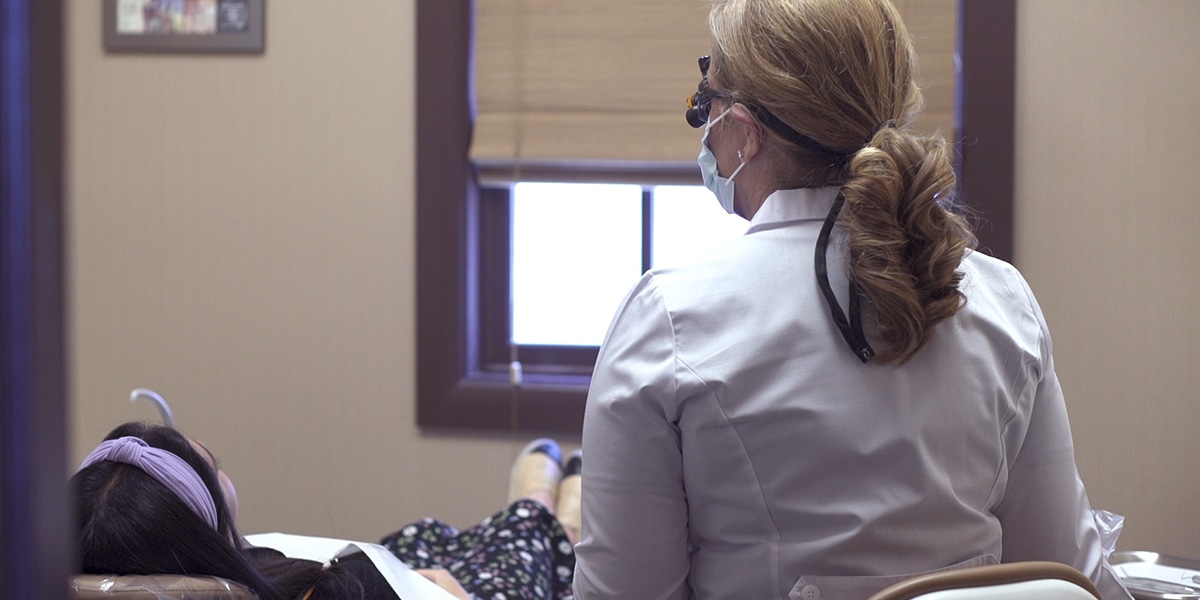Occlusal Adjustment

Dr. Tammy Roz has received extensive training at the prestigious Pankey Institute and is highly skilled in treating dental occlusion.
The even distribution of force during biting is an essential aspect of oral health. Bite misalignments can loosen teeth, tighten muscles, cause headaches, and create tooth sensitivity. Dr. Roz has been trained to evaluate and diagnose occlusal dysfunction.
What are some indicators that adjustment may be needed?
- Tooth Movement
- Change in bite
- Grinding or clenching teeth
- Tightness in the jaw
- Headaches near the eye or jaw area
- Tooth sensitivity to heat, cold, or sweets
Occlusal Adjustment Diagnosis
Dr. Roz will evaluate your bite using several different techniques and technologies. One of the most common techniques and tools used for diagnosis is a marking film placed between the teeth while biting and moving the teeth as directed to understand how the teeth relate to one another during various joint movements. The resulting variations in markings indicate the precise places where the force is too great.
Once identified, bite adjustments can then be made using a specialized dental instrument, and the procedure is usually painless. As the muscles begin to relax, the changes to the bite begin, and as the occlusal dysfunction gradually adjusts, your symptoms will lessen or disappear altogether.
Oral Appliance Therapy
Our office can fabricate custom-fitted nightguards to help alleviate stress on the temporomandibular joint (TMJ) and can even be used to improve your sleep and overall health.
Made of durable plastic and molded to comfortably fit the shape of your teeth, custom nightguards are recommended for those patients who clench or grind their teeth during the night. These custom-designed appliances can be used as part of treatment for various disorders, including bruxism and TMJ.
